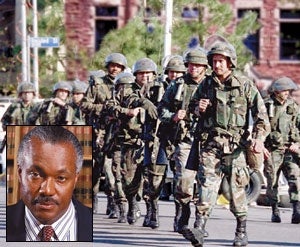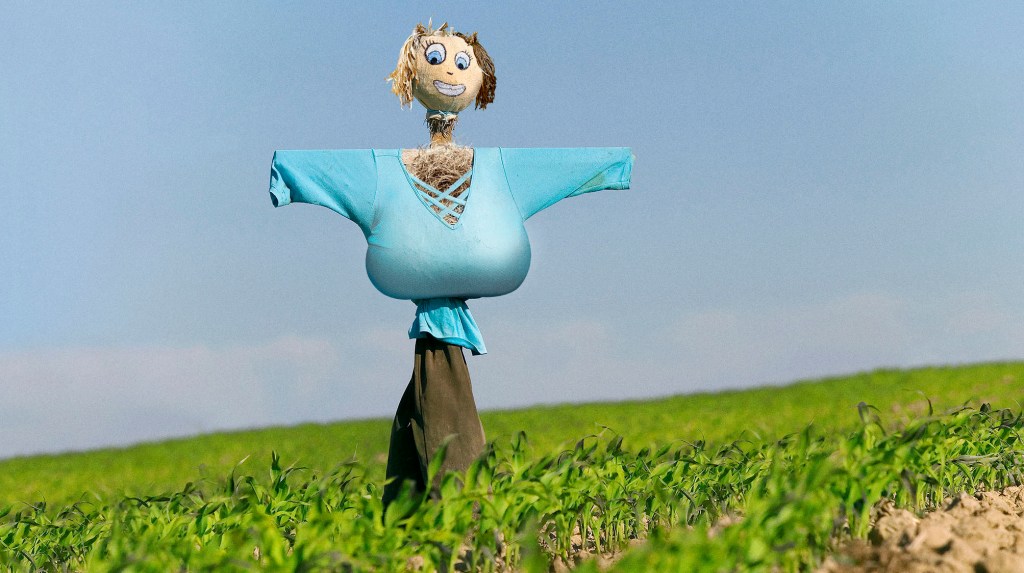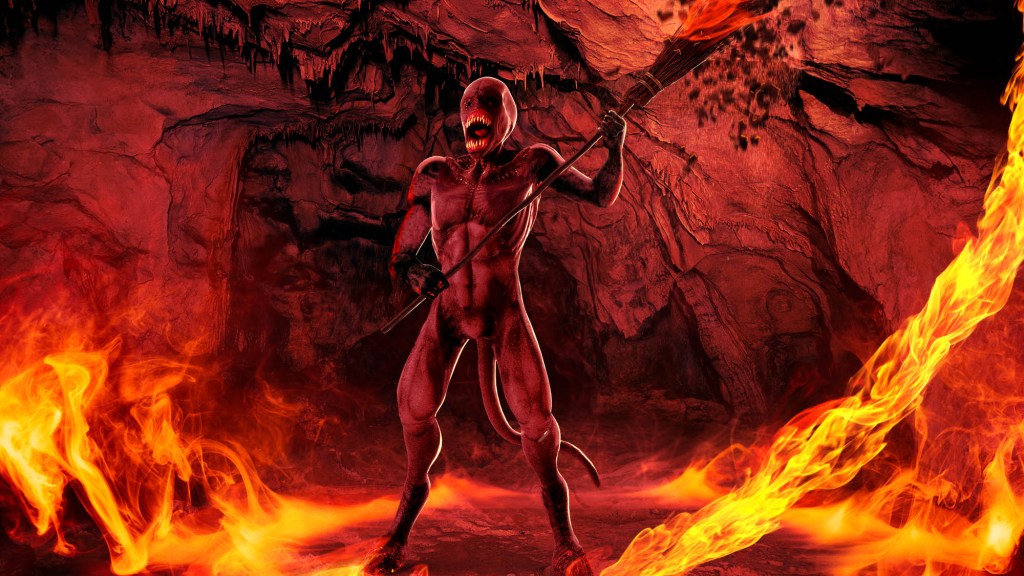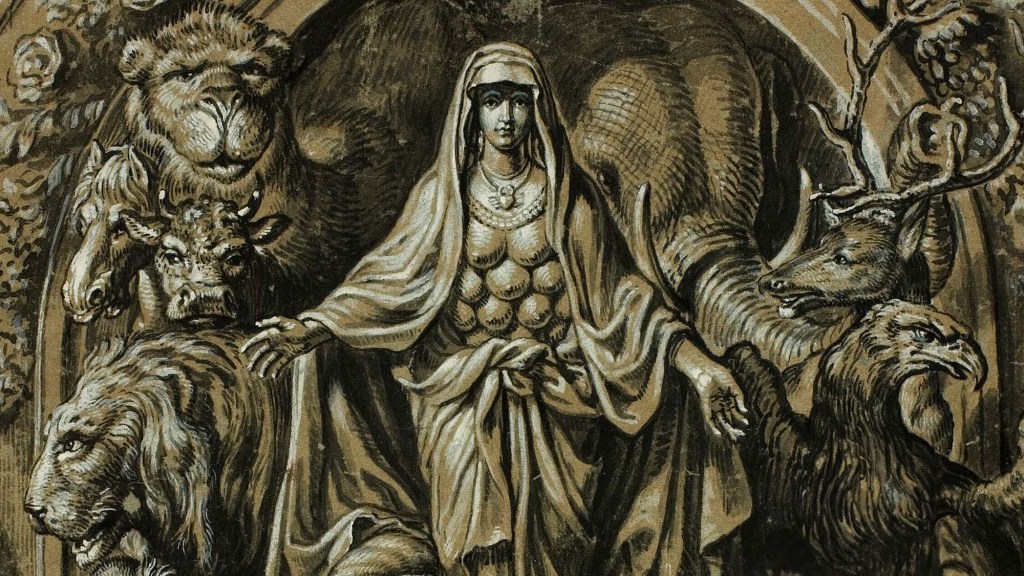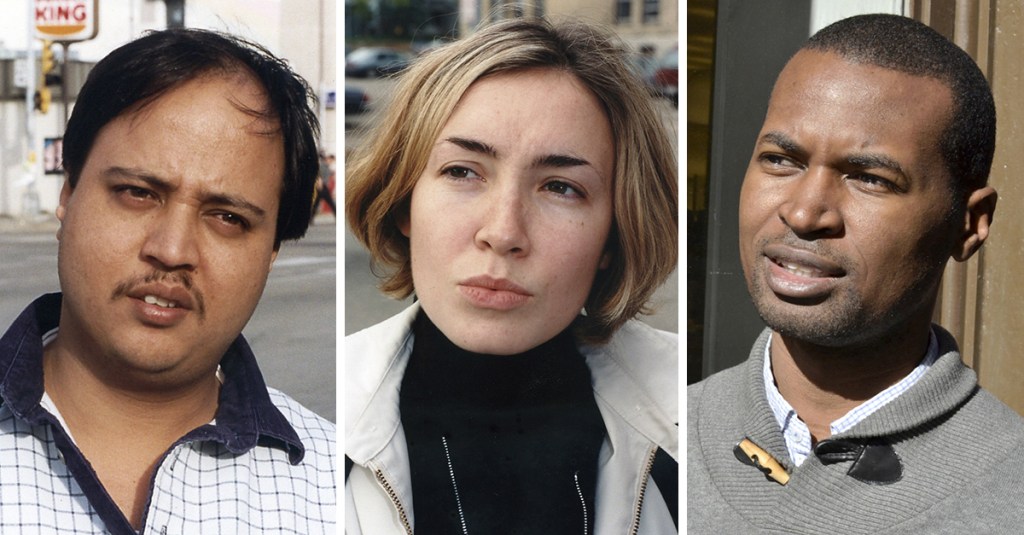OXFORD, MS—With tensions mounting, President Clinton ordered over 2,500 Army and National Guard troops to Oxford Wednesday in anticipation of this weekend’s University of Mississippi class of 1962 reunion.
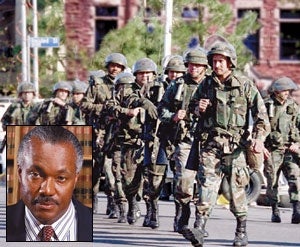
“We are concerned about the possibility of violence,” Clinton said, explaining the mobilization, “and we wish to be prepared for anything that might arise.”
At the center of the controversy is class of ’62 member James H. Meredith—the first black to attend the previously all-white University of Mississippi—who last Friday confirmed that he will attend the class’ 35-year reunion.
According to 1962 senior-class president Fred Brophy, 57, many of his Ole Miss classmates were disappointed and disturbed by the news that Meredith would be attending.
“I’ve got nothing against Mr. Meredith personally—he seems like a fine man and a credit to his race,” said Brophy, a bank vice-president in Jackson, MS. “But I just want to relax and have a good time at the reunion, and part of me is afraid that Mr. Meredith’s presence will stir up a lot of that old trouble all over again.”
Class of ’62 alumnus Wes Judson agreed. “We had to deal with all this integration controversy 35 years ago as students,” Judson, 56, said. “Now, with the civil-rights era behind us and everybody finally equal, we’d just like to enjoy our reunion and spend time with old friends without having to deal with all this mixing-of-the-races business once more. Is that too much to ask?”
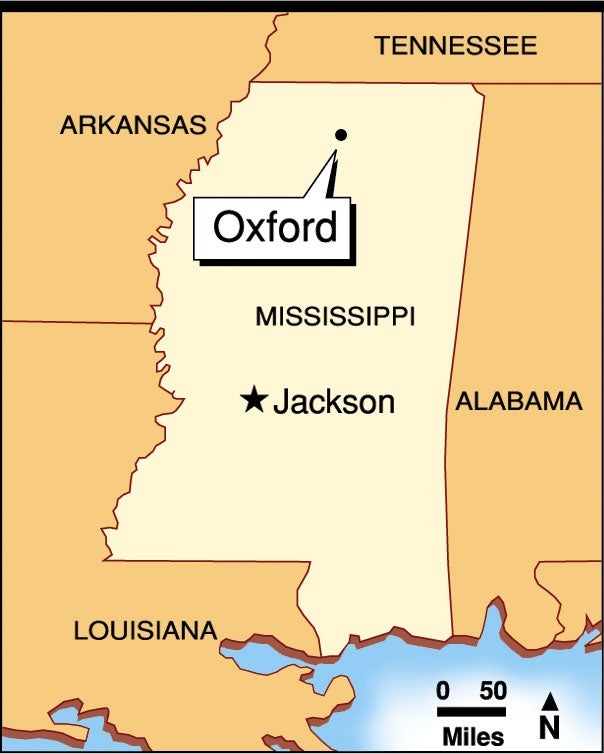
Added Judson: “Go Rebels!”
Wednesday’s mobilization marked the second major federal intervention into a class reunion this year. On May 24, under Supreme Court orders, nine black members of the Little Rock Central High School class of ’57 were escorted by Arkansas National Guardsmen to their 40th reunion. The first blacks to ever attend the school, the nine were later flown out by Army helicopter when large-scale rioting broke out near a federally integrated buffet table.
“I’m sure no one harbors any ill feelings toward Meredith because he’s black,” Brophy said. “It’s just that a lot of us had our college years somewhat spoiled by all the controversy and societal changes he and other civil-rights agitators tried to stir up, and we’d hate to see history repeat itself.”
In an official statement Wednesday, University of Mississippi chancellor Robert Khayat expressed confidence that this weekend’s reunion will be free of the sort of violence that accompanied Meredith’s matriculation at the school 35 years ago.
“During the 1960s, Ole Miss was the site of a lot of racial tension, no question,” Khayat said. “But things were different then: Blacks were not integrated into white social circles; they were regularly harrassed by police; they had less money and access to education than whites; and their neighborhoods were high-crime areas. America was a very different place.”
The most volatile moment of the reunion could come at 4 p.m. Sunday, when a nostalgic slide show, titled “Dear Ole Miss—Memories Of Yesteryear,” is scheduled. White House officials said that National Guard troops will be on full-alert for the slide-show, which is said to feature photographs from such memorable events as the 1961 Sugar Bowl victory over Rice University; the October 1961 “Magnolia Blossom” homecoming parade; and the March 1963 “Dragging Of The Negro,” in which Meredith was taken from his Baxter Hall dorm room in the middle of the night, beaten, and dragged around campus tied to the back of a pick-up truck.
“Those slides could bring back a lot of memories, and really get people longing for their old college days, if you know what I mean,” Brophy said. “I just hope having all those soldiers there, with their dogs and fire hoses, doesn’t ruin all the fun. After all, some traditions are just too special to leave behind.”


